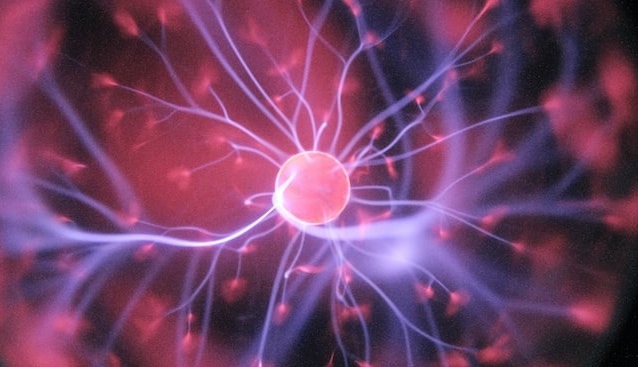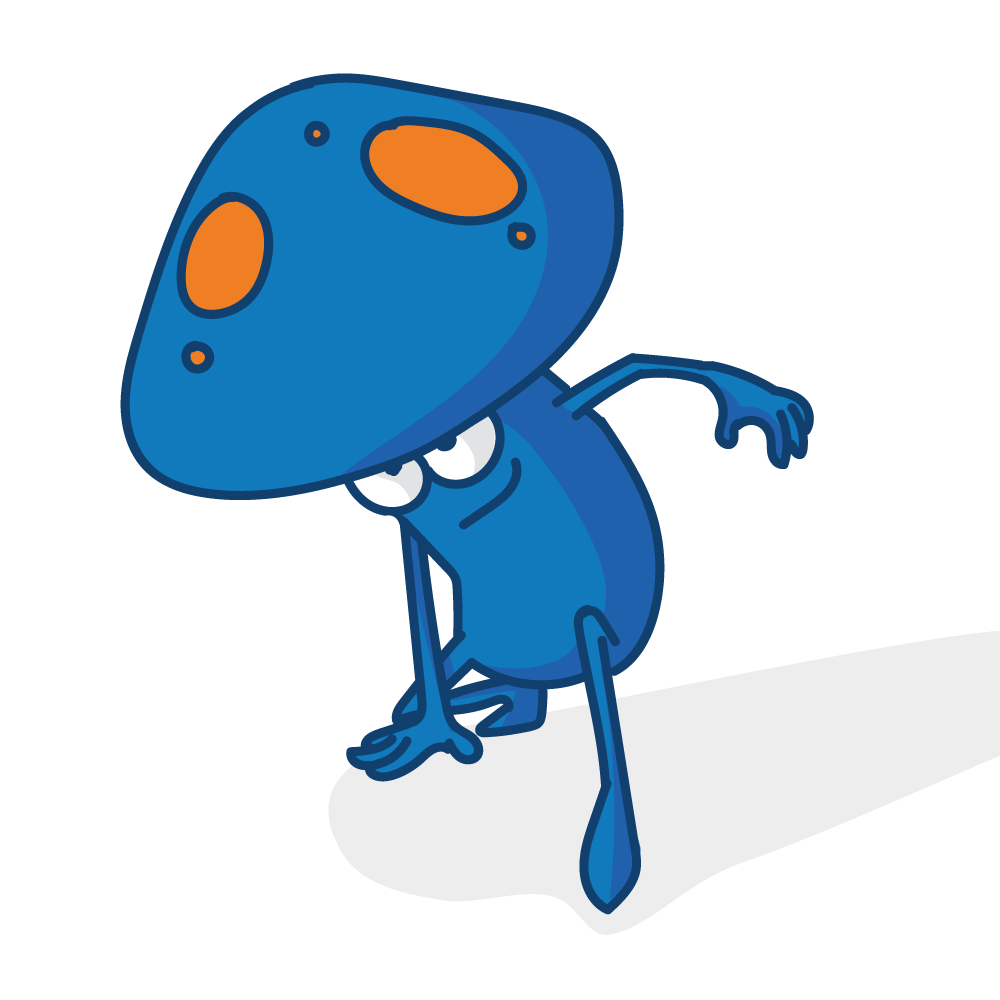Veterans Become the Subjects of Psychedelic Research
Due to these afflictions, veterans are most at risk from the twin threat of opioid addiction and death from overdose. But, this also makes them uniquely poised at the forefront of research showing that psychedelics may be a way to treat chronic pain more effectively. And, unlike opioids, without the risk of overdose or dependance.

The psychedelic renaissance has been growing over the past decade, and VA hospitals in the U.S. have become the surprise epicenter of controlled psychedelic trials. These trials have been using psychedelics, such as psilocybin from magic mushrooms, to treat conditions such as PTSD, depression and anxiety. The reasons for this are twofold: firstly, because veterans are more prone to suffering these conditions. And secondly, because VA hospitals are a controlled environment, ideal for carrying out these types of trials.
Due to these studies, there is already strong preliminary data on the effectiveness and safety of the use of psychedelics to treat mental health and psychiatric issues like PTSD, depression, anxiety and substance addictions.
Using Psychedelics to Treat Physical Pain
However, when it comes to using psychedelics to treat chronic pain, there is less research thus far. And, although the research that is now emerging is promising, it is still very much in its early stages. However, this is not the first time research into using psychedelics for physical pain has been proposed. And, with so many studies oncoming, we are sure to know a lot more very soon.
There are also many people who are keen to share their stories on how psychedelics treated, or helped them cope, with chronic pain:
One such is Jose Martines, a veteran who the New York Times profiled in 2021. After being injured he underwent 19 surgeries, and was still in extreme pain. This left him dependent on opioids. However, he tried psilocybin, which, thankfully, changed his life. Martinez explained to the New York Times;
“Psychedelics helped me realize that my problems are small compared to the world’s bigger problems like starvation and cancer… Now I understand what I’m actually here for in this world, which is to make people smile and to remind them that life can be beautiful even when it’s not so easy.”

Although he still suffers from some pain, his outlook has changed. As well as being a vocal psychedelics advocate, helping to launch UC San Diego’s Psychedelics and Health Research Initiative (PHRI), he is also a Paralympic surfer and sports enthusiast.
Psilocybin For Phantom Limb Pain?
Another such story is that of Albert Yu-Min Lin, a research scientist and National Geographic explorer. In 2016, he lost the lower part of his leg in an accident in the desert. Not long after this, he began to experience terrible phantom-limb pain. After just one psilocybin session, Lin found that his pain was greatly reduced. He says that this experience gave him back his life.
The History of Using Psychedelics to Treat Physical Pain
As we mentioned earlier, research into using psychedelics to treat physical pain is not new. Early research dates back to 1964, when anesthesiologist Eric Kast gave 100 micrograms of LSD to 50 “gravely ill” patients. These patients were suffering with everything from gangrene to cancer. He then compared their pain response to two other synthetic opioids (Demerol and Dilaudid.) Kast found that “When compared with LSD-25, both [other] drugs fell short in their analgesic action,”
Unfortunately not long after this, the ‘War on Drugs’ and negative imaging suppressed attempts to study psychedelics in the US and many other countries too. Luckily, that is changing.
Recent Studies Are Leading The Way
In 2020, a double-blind, placebo controlled, randomized study carried out by Netherland’s Maastricht University was published in the Journal of Psychopharmacology. It focused on psychedelics and physical pain. When the participants were given LSD, even low doses, they were able to keep their hands in near-freezing water for almost as long as those who had taken opioids such as morphine (based on data from previous studies.) The authors concluded that in low doses LSD may “…constitute a novel pharmacological therapy.”

Then, a study in 2021 found that people suffering from chronic pain reported significantly improved pain scores during and after psychedelic experiences. Another 2021 study found that when given even a single dose of psilocybin migraine sufferers reported a noteworthy reduction in their migraine symptoms. This was compared to those who had been administered a placebo.
On top of this, many more researchers are announcing similar trials of psychedelics to treat physical pain.
The University of California San Francisco will soon helm a study that will investigate if psilocybin therapy can treat lower back pain. The researchers state; “This study examines the effects of a single dose of psilocybin in combination with therapeutic preparation and integration studies… We hope psilocybin therapy will lead to improvements in pain interference…related to chronic back pain.”

The Urgency for a Psychedelic Alternative
A lot of the urgency in researching psychedelics as a treatment for chronic pain comes from the fact that the current most common treatment method is opioids. In one study, it was reported that doctors prescribed opioids to ⅔ of veterans with chronic pain over the course of a year. While this is fine if opioids are used as prescribed, they do carry substantial risks of addiction and overdose. And, it is very easy to become dependent on a pain- killing substance when you are always in pain. According to the CDC, opioids directly caused or contributed to 68,630 deaths in the US in 2020 alone.
Veterans are twice as likely to suffer from a drug overdose than the rest of the population, and are also far more likely to commit suicide.
Psychedelics Are Non-Addictive and ‘Rewire’ the Brain
Psychedelics, unlike opioids, are not addictive, and almost impossible to overdose on fatally. In 2020, a review paper in a British Medical Journal publication stated;
“Psychedelic substances have a generally favourable safety profile, especially when compared with opioid analgesics.”
Additionally, psychedelics may be able to provide longer lasting relief than opioids which only work until they wear off. And in some cases, like phantom limb syndrome, the affliction is a neurological one. The potential for psychedelics to reorganize pathways in the brain, could be key to providing longer lasting treatment for conditions such as these.

Preliminary findings from UC San Diego’s Psychedelics and Health Research Initiative suggest that psychedelics can significantly and maybe permanently reduce chronic pain from many different conditions. These include cluster headaches, phantom limb pain, tinnitus and complex regional pain disorder.
The Beginning of a Healthcare Revolutions?
This could be the beginning of a healthcare revolution. Chronic pain is a leading cause of disability worldwide. Those who suffer it should not have to risk addiction and overdose just to treat their symptoms . Psychedelics, such as psilocybin, may be the key to healing for millions of people everywhere.






